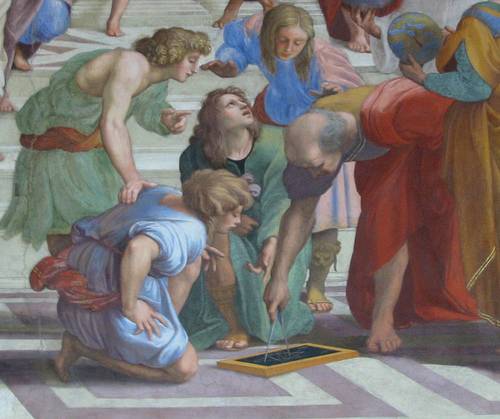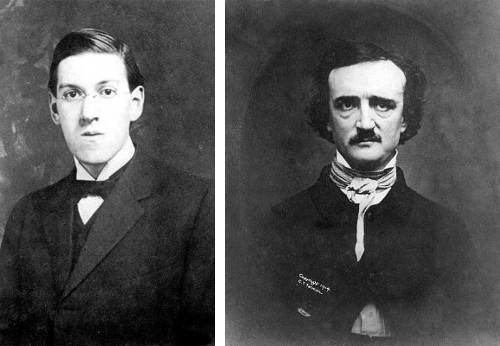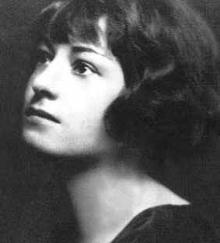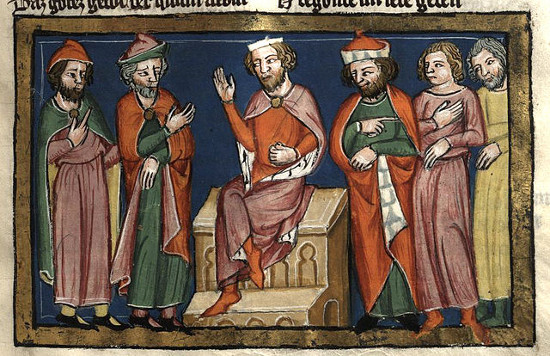Lewis Carroll sent this poem to Mabel and Emily Kerr on May 20, 1871. He titled it “A Double Acrostic” — but where is the acrostic?
Thanks, thanks, fair Cousins, for your gift
So swiftly borne to Albion’s isle —
Though angry waves their crests uplift
Between our shores, for many a league!
(“So far, so good,” you say: “but how
Your Cousins?” Let me tell you, Madam.
We’re both descended, you’ll allow,
From one great-great-great-grandsire, Noah.)
Your picture shall adorn the book
That’s bound, so neatly and moroccoly,
With that bright green which every cook
Delights to see in beds of cauliflower.
The carte is very good, but pray
Send me the larger one as well!
“A cool request!” I hear you say.
“Give him an inch, he takes an acre!
“But we’ll be generous because
We well remember, in the story,
How good and gentle Alice was,
The day she argued with the Parrot!”
Lewis Carroll
The last word in each stanza is a red herring. Replace each with the proper rhyme and then list these five words:
Mile
Adam
Broccoli
Ell
Lory
Their first and last letters spell MABEL and EMILY.








